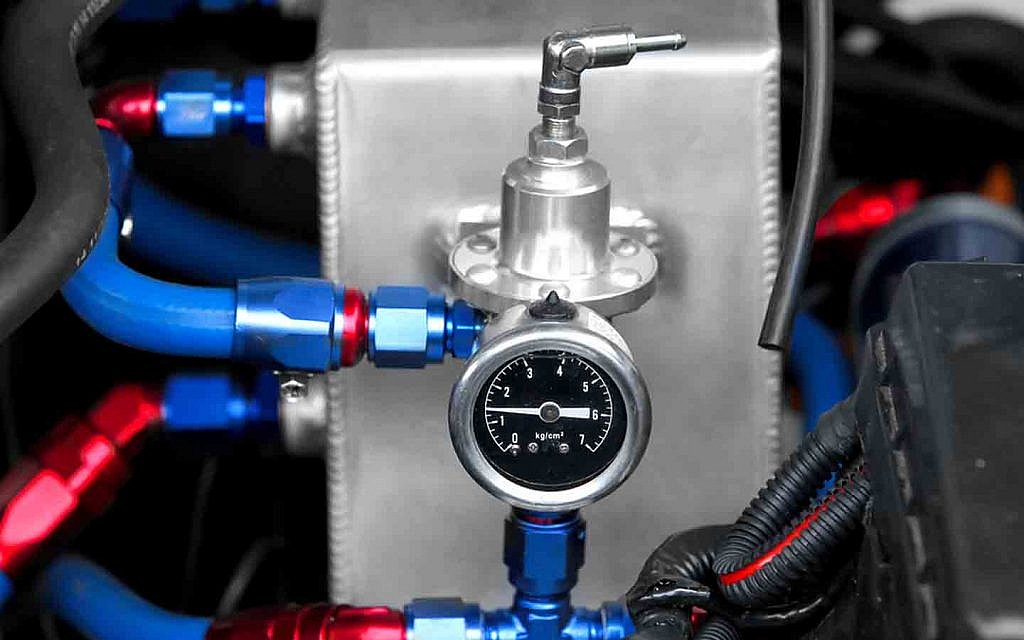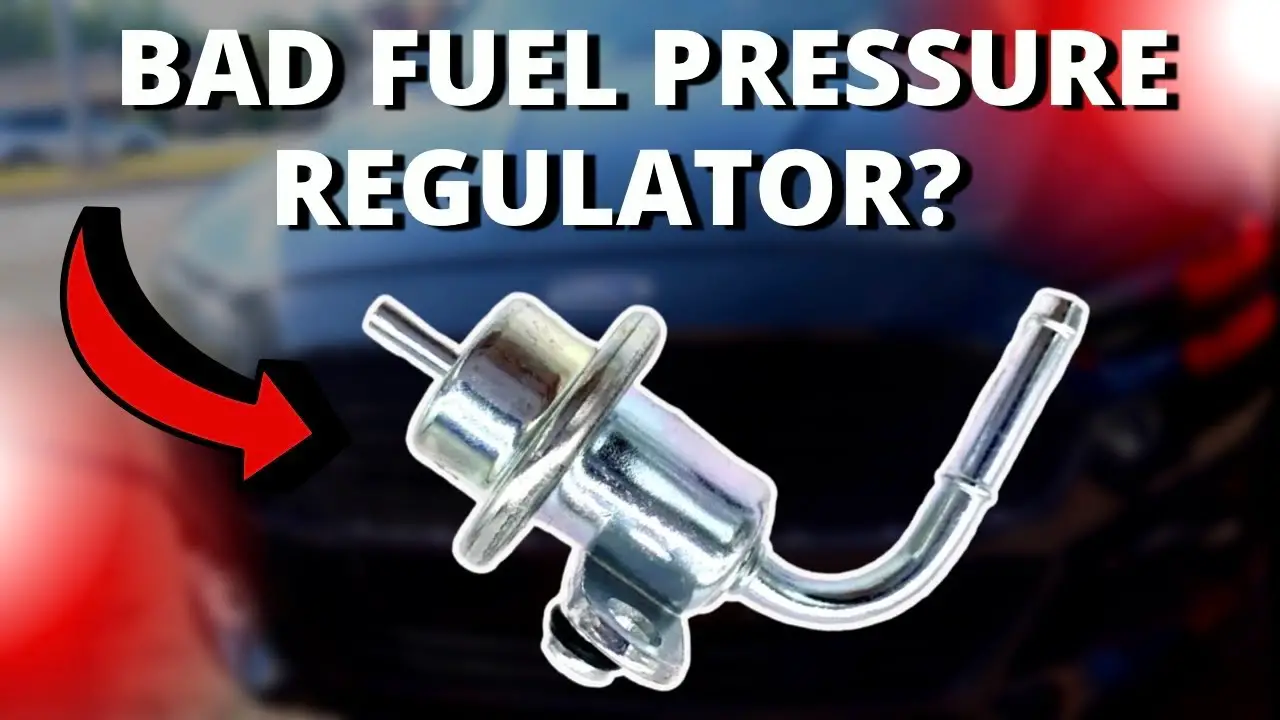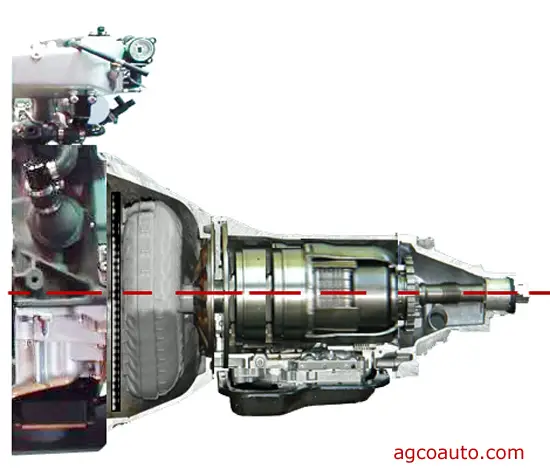Symptoms of a Bad Fuel Pressure Regulator
A fuel pressure regulator is a crucial component of a vehicle’s fuel system. It helps to maintain a consistent fuel pressure for the engine to function properly. When the fuel pressure regulator malfunctions, it can lead to various issues with the vehicle’s performance. In this article, we will discuss the symptoms of a bad fuel pressure regulator and the potential impact it can have on your vehicle.
What is a Fuel Pressure Regulator?
A fuel pressure regulator is a small, but essential component of the fuel system in a vehicle. Its primary function is to maintain a constant fuel pressure to the fuel injectors. This ensures that the proper amount of fuel is delivered to the engine for combustion. The fuel pressure regulator achieves this by controlling the flow of fuel returning to the fuel tank.
Symptoms of a Bad Fuel Pressure Regulator
Identifying the symptoms of a bad fuel pressure regulator is crucial for maintaining the optimal performance of your vehicle. Here are some common signs that indicate a potential issue with the fuel pressure regulator:
1. Poor Fuel Economy
A faulty fuel pressure regulator can disrupt the optimal air-fuel mixture, causing the engine to consume more fuel than necessary. This can lead to a decrease in fuel efficiency, resulting in poor mileage for the vehicle.
2. Engine Misfires
When the fuel pressure regulator fails to maintain the correct fuel pressure, it can disrupt the combustion process in the engine. This can result in engine misfires, where the engine hesitates or jerks during acceleration.
3. Black Smoke From The Exhaust
If the fuel pressure regulator is allowing too much fuel to enter the engine, it can lead to a rich fuel mixture. This can cause black smoke to be emitted from the exhaust, indicating an imbalance in the air-fuel ratio.
4. Difficulty Starting The Engine
A bad fuel pressure regulator can cause issues with starting the engine. A lack of proper fuel pressure can make it difficult for the engine to start, requiring multiple attempts before it successfully turns over.
5. Stalling Or Rough Idling
Unstable fuel pressure can result in engine stalling or rough idling. The irregular fuel supply can cause the engine to struggle at idle or even shut off unexpectedly while driving.
6. Fuel Leaks
A damaged or worn-out fuel pressure regulator can lead to fuel leaks, as it may not be able to properly regulate the fuel flow. Fuel leaks can pose a significant safety hazard and should be addressed immediately.
7. Check Engine Light
If the fuel pressure regulator is malfunctioning, it can trigger the check engine light to illuminate on the dashboard. The vehicle’s onboard diagnostic system may detect issues related to fuel pressure and alert the driver to the problem.
Impact of a Bad Fuel Pressure Regulator
Ignoring the symptoms of a bad fuel pressure regulator can have detrimental effects on the vehicle’s performance and longevity. A malfunctioning fuel pressure regulator can lead to engine damage, decreased fuel efficiency, and potential safety hazards due to fuel leaks. It is crucial to address any issues with the fuel pressure regulator promptly to avoid further complications.

Credit: www.dubizzle.com
Frequently Asked Questions For Symptoms Of A Bad Fuel Pressure Regulator
What Are The Common Symptoms Of A Bad Fuel Pressure Regulator?
A bad fuel pressure regulator can cause poor fuel economy, difficulty starting, and engine misfires.
How Can A Bad Fuel Pressure Regulator Affect My Vehicle’s Performance?
A faulty fuel pressure regulator can lead to engine stalling, rough idling, and a decrease in overall power.
Can A Bad Fuel Pressure Regulator Cause Black Smoke From The Exhaust?
Yes, a bad fuel pressure regulator can cause the engine to run rich, resulting in black smoke from the exhaust.
Is It Safe To Drive With A Bad Fuel Pressure Regulator?
It is not recommended to drive with a bad fuel pressure regulator as it can lead to further damage to the engine.
Conclusion
The fuel pressure regulator plays a critical role in ensuring the proper functioning of a vehicle’s fuel system. Recognizing the symptoms of a bad fuel pressure regulator is essential for maintaining the optimal performance of the vehicle. If you experience any of the aforementioned symptoms, it is advisable to have the fuel pressure regulator inspected and replaced if necessary to prevent potential damage to the engine and ensure the safe operation of the vehicle.


